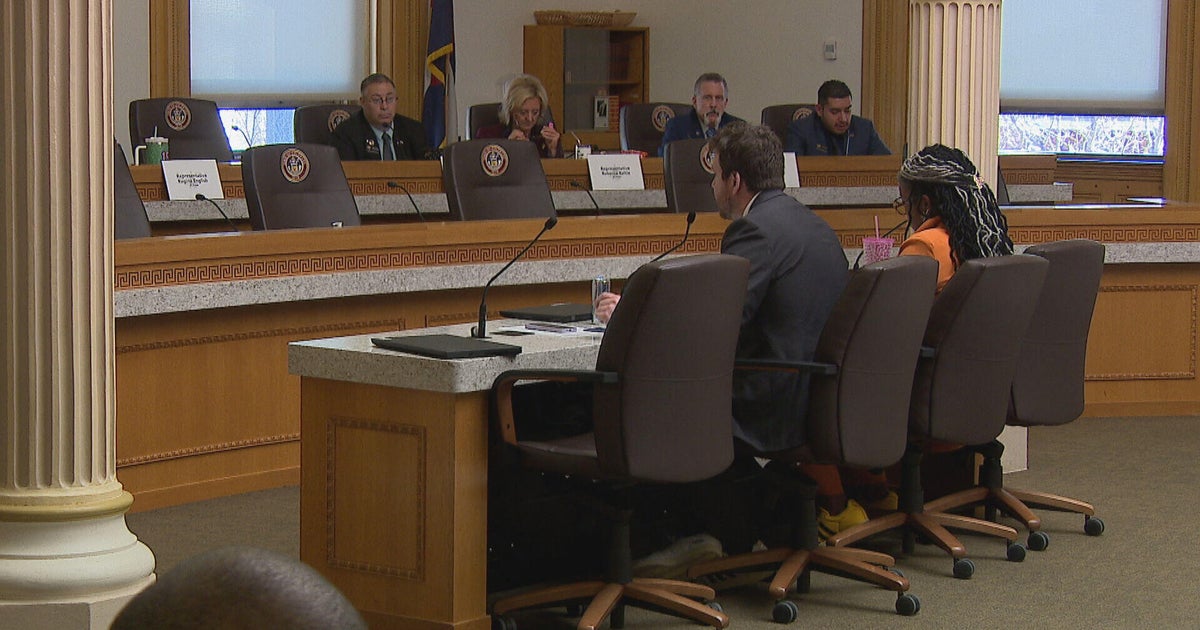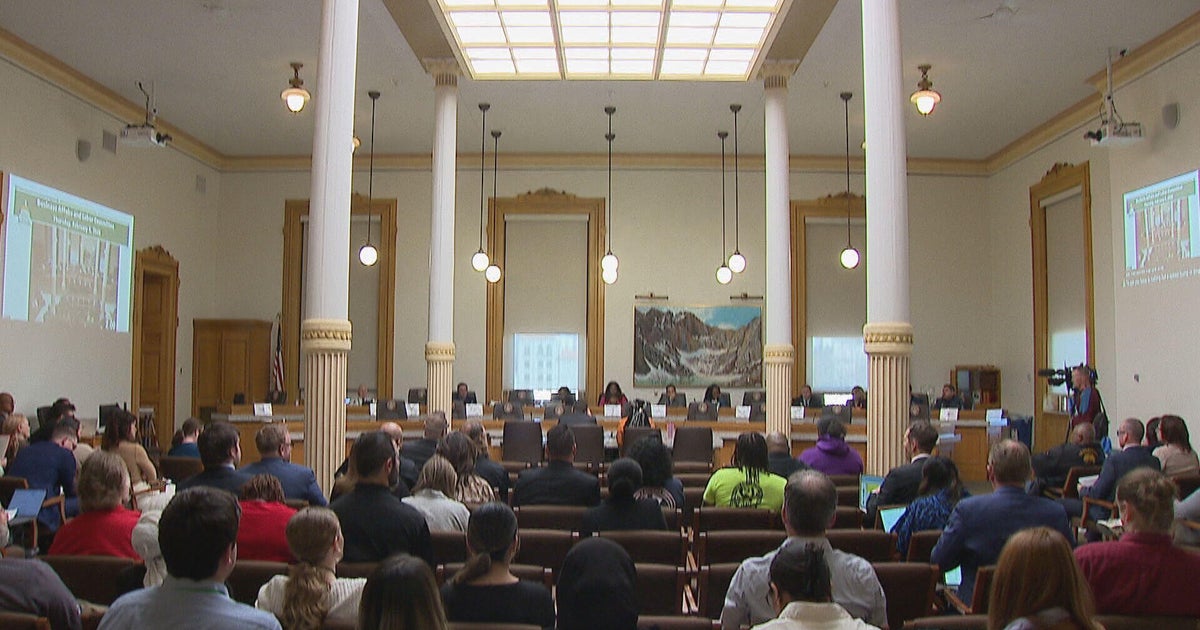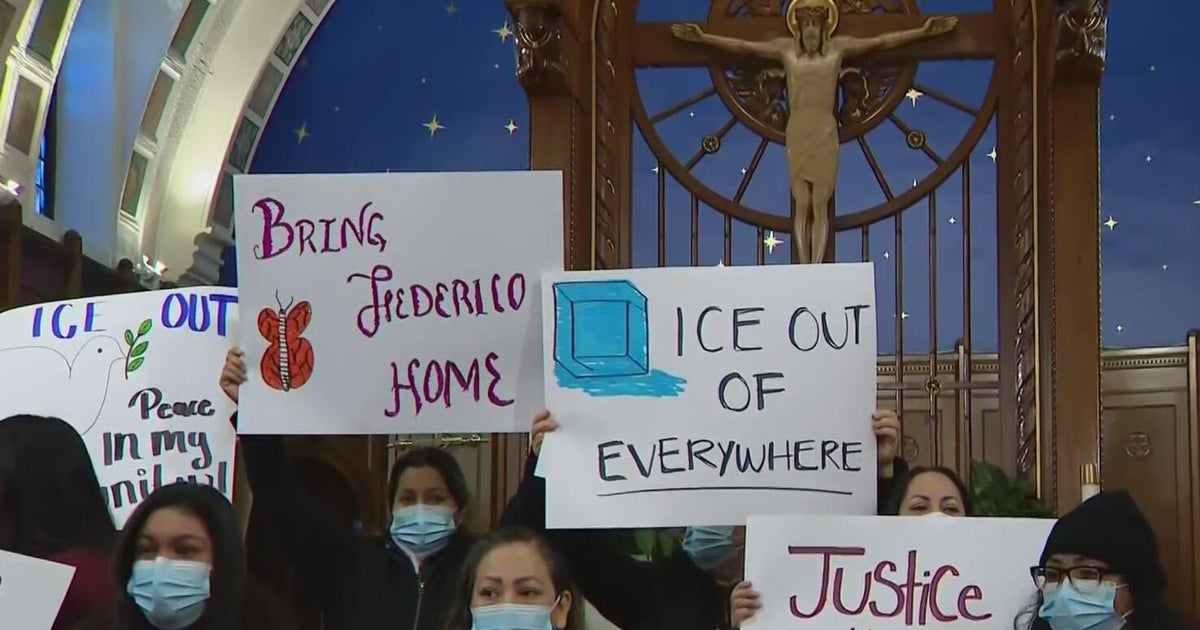Good Question: How Is A Law Repealed?
MINNEAPOLIS (WCCO) -- Throughout the campaign, president-elect Trump promised he would repeal and replace the Affordable Care Act, also known as "Obamacare." With a Republican House, Senate and president-elect, now looks like there's a better chance that could happen.
So, how is a law repealed? Good Question.
Congress has been trying to repeal all or parts of the Affordable Care Act since it passed in 2010. Many of the more than five dozen attempts have been largely symbolic because members of Congress always knew President Obama would veto any repeal of the law.
"In general, you repeal a law by passing a new law," says Jill Hasday, a constitutional law professor at the University of Minnesota. "You get a majority of both houses and then it goes to the president for a possible veto."
But, a Senator can halt proposed legislation with a filibuster. In the past that used to mean lawmakers would stand and talk for hours (or days) to avoid passage of the legislation. Now, just a threat of a filibuster essentially puts a block on considering a law. The only way to break a filibuster is to get 60 votes in the Senate. Republicans will only have 51 Senate seats in 2017.
A potential workaround to the filibuster is a reconciliation bill. These bills can only eliminate parts of the law that have to do with the budget. For example, the "Restoring Americans' health care Freedom Reconciliation Act of 2015" was passed by the Senate and the House before it was vetoed by President Obama. It proposed to eliminate subsidies for people to buy insurance. It also eliminated fines for the uninsured.
Reconciliation bills only require 50 votes in the U.S. Senate.
"Another thing Congress does is just cut off the money and, depending on the statute, it can have a very devastating impact," says Hasday.
Few large public benefit programs are repealed because it's a political challenge to agree on how it should be replaced. A report from the Centers for Disease Control http://www.cdc.gov/nchs/data/nhis/earlyrelease/insur201605.pdf also found millions of people gained health insurance under the law.
"You have to have the political will," says Hasday. "It's easier to say I want to repeal it when you're fairly confident it's not going to get repealed. When you're confident if you get together and repeal it, you have to have a plan for what happens next."







